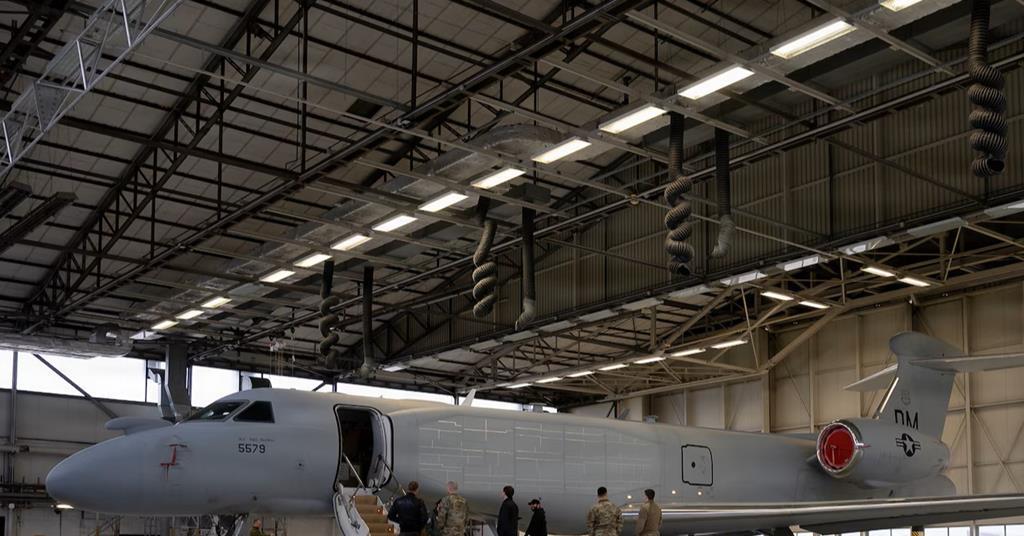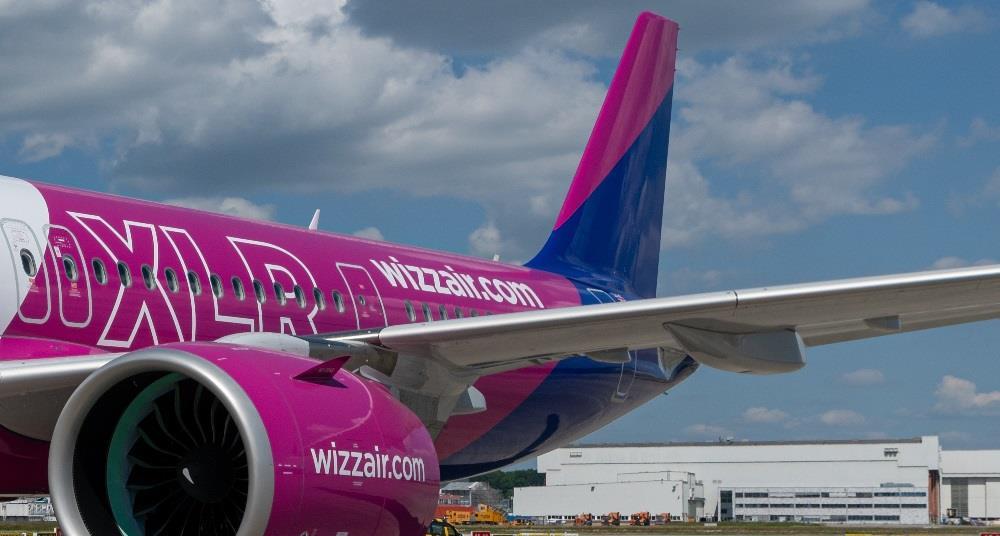Cost of flights to hit record high next year amid aircraft supply crisis, experts warn
Company
Legal Links
Contact
- +44 7947 753363
- contact@skylineairporttransfers.co.uk
- 6 Walsall Street Bilston Wolverhampton WV14 0AT
© Skyline Airport Transfers. Created by![]() Beaphoenix WebDesign ltd
Beaphoenix WebDesign ltd
Popular Locations:
Birmingham: Aston, Bournville, Edgbaston, Erdington, Great Barr, Hall Green, Handsworth, Harborne, Northfield, Quinton, Soho, Sutton Coldfield, Amblecote, Brierley Hill, Coseley, Cradley, Gornal, Halesowen, Kingswinford, Lye, Netherton, Sedgley, Stourbridge, Quarry Bank, Bearwood, Blackheath, Cradley Heath, Great Bridge, Old Hill, Rowley Regis, Smethwick, Tipton, Tividale, Wednesbury, West Bromwich, Balsall Common, Bickenhill, Castle Bromwich, Chelmsley Wood, Dorridge, Elmdon, Hampton in Arden, Kingshurst, Knowle, Marston Green, Meriden, Monkspath, Hockley Heath, Shirley, Aldridge, Birchills, Bloxwich, Brownhills, Darlaston, Leamore, Palfrey, Pelsall, Pheasey, Shelfield, Streetly, Willenhall, Bilston, Blakenhall, Bushbury, Compton, Ettingshall, Heath Town, Oxley, Penn, Tettenhall, Wednesfield, Burntwood, Lichfield, Cannock, Rugeley, KIDDERMINSTER, Brierly Hill,
STOURPORT-ON-SEVERN
Coventry: Allesley, Binley, Keresley, Stoke, Tile Hill
Leicester: Abbey Rise, Ashton Green, Aylestone, Beaumont Leys, Bede Island, Belgrave, Blackfriars, Braunstone, Braunstone Frith, Bradgate Heights, Clarendon Park, Crown Hills, Dane Hills, Evington, Evington Valley, Eyres Monsell, Frog Island, Goodwood, Hamilton, Highfields, Horston Hill, Humberstone, Humberstone Garden, Kirby Frith, Knighton, Mowmacre Hill, Netherhall, Newfoundpool, New Parks, North Evington, Northfields, Rowlatts Hill, Rowley Fields, Rushey Mead, Saffron, Southfields, South Knighton, Spinney Hills, Stocking Farm, Stoneygate, St. Matthew’s, St. Mark’s, St. Peters, Thurnby Lodge, West End, West Knighton, Western Park, Woodgate
Derby: Matlock, Ripley, Ashbourne, ILKESTON, SWADLINCOTE , BURTON-ON-TRENT, BAKEWELL,
ALFRETON, BELPER, HEANOR
Telford: Market Drayton, Newport, Shifnal, Broseley, Much Wenlock
Stoke: Stoke-on-Trent, Newcastle, Leek, Uttoxeter, Stone, Stafford
Worcester: Worcester, Droitwich, Pershore, Broadway, Evesham, Malvern, Tenbury Wells
Gloucester: Gloucester, Cheltenham, Stroud, Cirencester, Tewkesbury, Badminton, Berkeley, Blakeney, Chipping Campden, Cinderford, Coleford, Drybrook, Dursley, Dymock, Fairford, Lechlade, Longhope, LydbrookLydney, Mitcheldean, Moreton-in-Marsh, Newent, Newnham, Ruardean, Stonehouse, Tetbury, Westbury-on-Severn, Wotton-under-Edge.
Nottingham: Nottingham, Sutton-in-Ashfield, Mansfield, Newark, Southwell, Grantham, Sleaford
Leicester: Leicester, Hinckley, Loughborough, Melton Mowbray, Oakham Market, Harborough, Lutterworth, Wigston, Ashby-de-la-Zouch, Ibstock, Markfield
Oxford: Oxford, Kidlington, Chipping Norton, Thame, Wallingford, Didcot, Wantage, Abingdon, Banbury, Carterton, Woodstock, Bicester, Witney, Chinnor, Watlington
Chester: Chester, Deeside, Bagillt, Buckley, Holywell, Birkenhead, Preston, Wallasey, Wirral, Neston, Ellesmere Port, Prenton
Airports we serve:
BHX: Birmingham Airport
EMA: East Midlands Airport
LHR: London Heathrow Airport
MAN: Manchester Airport
LGW: London Gatwick Airport
LTN: London Luton Airport
SOU: Southampton Airport
BRS: Bristol Airport
LPL: Liverpool John Lennon Airport
LCY: London City Airport
STN: London Stansted Airport



Your support helps us to tell the story
From reproductive rights to climate change to Big Tech, The Independent is on the ground when the story is developing. Whether it’s investigating the financials of Elon Musk’s pro-Trump PAC or producing our latest documentary, ‘The A Word’, which shines a light on the American women fighting for reproductive rights, we know how important it is to parse out the facts from the messaging.
At such a critical moment in US history, we need reporters on the ground. Your donation allows us to keep sending journalists to speak to both sides of the story.
The Independent is trusted by Americans across the entire political spectrum. And unlike many other quality news outlets, we choose not to lock Americans out of our reporting and analysis with paywalls. We believe quality journalism should be available to everyone, paid for by those who can afford it.
Your support makes all the difference.
Airfares are set to hit record highs next year and there will be a surge in flight cancellations as a result of critical shortages of plane engines and spare aviation parts, insiders fear.
British Airways and Virgin Atlantic are among carriers who have already been forced to ground planes and postpone entire routes as a result of a shortage of Rolls-Royce Trent 1000 engines.
The situation is resulting in airfares soaring as competition between airlines narrows, and insiders warn that flight cancellations linked to supply chain issues will hit their peak next year.
In one instance uncovered by The Independent, the cost of a hand-baggage only British Airways ticket on the Heathrow-Cape Town route on 11 April now sits at £2,922 return – nearly three times the price on BA for the same dates to and from Johannesburg.
Last month BA cancelled the resumption of daily flights between Heathrow and Kuala Lumpur this winter, removing 200,000 seats from the available capacity between the UK and southeast Asia, in a move it blamed on “delays to the delivery of engines and parts from Rolls-Royce”.
Virgin Atlantic also blamed Rolls-Royce shortages after it deferred a planned resumption of London flights to Accra in Ghana and Tel Aviv in Israel until next winter, with its Cape Town schedule also set to pause a month earlier than planned.
Paul Charles, former director of communications at Virgin Atlantic and now CEO at The PC Agency, said: “The engine issues have caused massive problems for airlines and consumers.
“Airline planning teams have had to rewrite their rulebooks on how they use their fleet on the most popular destinations that they need to protect – and gamble on which routes will pay the price and be deleted from their networks.
“For consumers, prices will continue to rise – 2025 will see record fares on many routes. If you want to go abroad next year, be prepared to pay for it is the message.”
Rolls-Royce Trent 1000 engines fitted to relatively older Boeing 787s are now at the point when many components need to be replaced according to the stringent rules designed to ensure planes are safe.
But industry insiders say that, at the height of the pandemic, many manufacturers scaled back their operations and made staff redundant as demand for their precision-engineered components evaporated.
Warning that “all of the companies in our industry are suffering from this”, a spokesperson for Rolls-Royce said: “We continue to work with all our customers to minimise the impact of the limited availability of spare parts.
“We have been taking decisive action and moving quickly to prioritise the resources needed to reduce the impact created by the current industry-wide supply chain constraints, it’s the highest priority for our Civil Aerospace division.”
Nick Cunningham, an aerospace and defence analyst at Agency Partners, previously told The Independent that the supply chain issues could take years to resolve.
“It’s a very deep and abiding issue that’s going to take a long time to fix, because it’s going to take a long time to train up enough people, and then you need to hang on to them,” he said. “That starts with training kids at college. So that gives you an idea of the time scale involved. It’s going to take years.”
He also noted that the disruptions are not limited to Rolls-Royce engines but affect almost every aspect of modern aerospace production.
Robert Boyle, a former director of strategy at BA’s parent company IAG, said that airlines are frustrated and “struggling with grounded aircraft”.
But in a nod to prices now soaring to higher than pre-pandemic levels, he also noted that the lack of competition was serving to drive passenger fares up: “Aviation profitability is heavily driven by supply/demand balances and the shortages will help support overall pricing.”
Rob Burgess, founder of the Head for Points frequent-flyer website, was one of an estimated 15,000 passengers affected by the early termination of Virgin’s flights from Heathrow to Cape Town.
Mr Burgess warned that the axed flights to South Africa over next Easter will cause significant problems, “falling during school holidays and over a period with two bank holidays”.
The Rolls-Royce spokesperson added: “Over the last 12 months we’ve introduced a number of initiatives to reduce the impact on our customers. Our Trent 1000 Task Force has been working at pace to deliver these improvements, drawing on our world-class engineering and technology capability.
“These changes are already having a positive impact. So far this year, we’ve increased Trent 1000 supply chain output by a third, making more components available and minimising the time engines spend in our Maintenance, Repair and Overhaul (MRO) centres.
“We’re confident that these bold changes coupled with our long-term investment plans will provide continuous improvement for our customers.”
Source link
Share This:
skylinesmecher
Plan the perfect NYC Memorial Day weekend
Pack only what you need and avoid overpacking to streamline the check-in and security screening…
LA’s worst traffic areas and how to avoid them
Consider using alternative routes, such as Sepulveda Boulevard, which runs parallel to the 405 in…
USAF debuts EA-37B Compass Call electronic warfare jet in Europe
The US Air Force’s (USAF’s) new electronic warfare aircraft has made its inaugural appearance in…
Wizz Air discussing transfer of upcoming A321XLRs to ‘another operator’
Wizz Air is discussing transfer of five remaining Airbus A321XLR deliveries to another operator ahead…
Moscow Domodedovo airport to be acquired by rival Sheremetyevo following auction
Moscow Domodedovo airport is to be acquired by an entity linked to the Russian capital’s…
Wizz Air not forced to deploy A321XLR exclusively on long-haul routes: chief
Budget carrier Wizz Air’s chief, Jozsef Varadi, insists that the carrier does not feel compelled…
Airbus’s ‘Beluga 5’ to be converted into science education facility at Broughton
Airbus is to convert one of its A300-600ST Beluga outsize transports into a science and…
Raytheon nears rate production of PhantomStrike radar for FA-50, autonomous fighter jets
Raytheon is ramping toward the start of rate-production later this year on the company’s PhantomStrike…
Irish Air Corps poised to launch operations with new Dassault Aviation Falcon 6X transport
The Irish Air Corps is poised to begin operations with its newly acquired Dassault Aviation…
Ecojet Airlines enters liquidation before launching zero-emission UK flights
A bid by green entrepreneur Dale Vince to create a zero-emission regional carrier has ended…
Elbit Systems UK takes full ownership of Watchkeeper industrial venture UTacS
Elbit Systems UK has taken full ownership of the company established to deliver the British…
PD-8 engine passes bird-impact testing at Saturn facility
Russia’s Aviadvigatel PD-8 engine for the Yakovlev SJ-100 has passed bird-impact testing, advancing its certification…